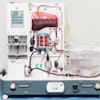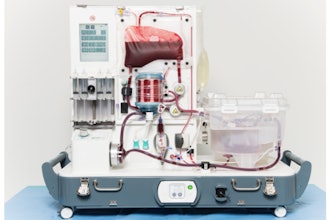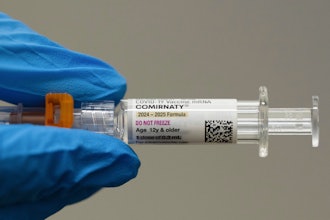
Similar to other sectors around the world, the light speed development of artificial intelligence (AI) has made its way into healthcare, particularly the radiology field. As such, AI-based diagnostic systems are flourishing, with hospitals quickly adopting the technology to assist radiologists. In contrast, there are concerns about the environmental impact of increasingly complex AI models and the need for more sustainable AI solutions.
Therefore, Associate Professor Daiju Ueda of Osaka Metropolitan University’s Graduate School of Medicine, a member of the Japan Radiological Society, led a research team in the investigation of the environmental costs of AI. In this research review, head members of the Japan Radiological Society and medical field researchers discussed the energy consumption of AI systems in the medical field, carbon emissions of data centers, and electronic waste issues. Specific solutions to mitigate these environmental impacts were discussed, including the development of energy-efficient AI models, the implementation of green computing, and the use of renewable energy.
In addition, the review proposes measures for the sustainable deployment of AI in the medical field. These are important guidelines for medical institutions, policymakers, and AI developers to operate AI systems in an environmentally responsible manner.
“AI has the potential to improve the quality of healthcare, but at the same time its environmental impact cannot be ignored. The best practices we have recommended are the first steps toward balancing these two factors,” stated Professor Ueda. “The challenge for the future will be to verify and further elaborate these recommendations in actual medical practice. They are also expected to contribute to the standardization of methods for assessing AI's environmental impact and the development of an international regulatory framework.”






















